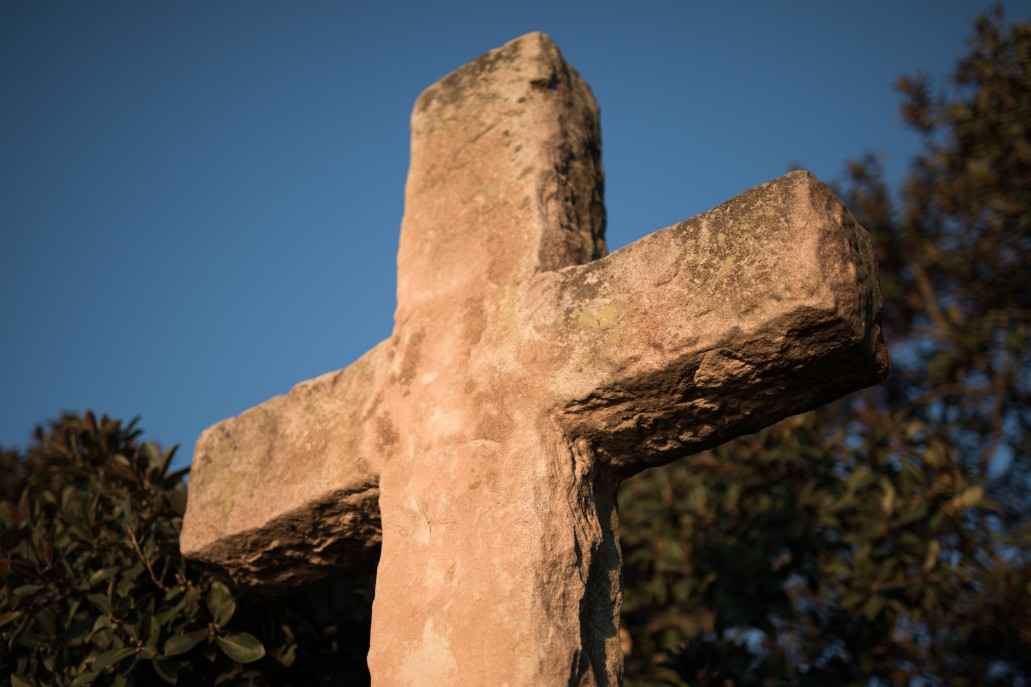The moral and economic issues surrounding how to best fight poverty took center stage at the American Enterprise Institute Wednesday, September 28, as a panel of prominent thought leaders discussed “Humanity, Charity and the Urban Poor.”
Panelists agreed that private charities, churches and communities play a vital role in the fight against poverty; however, they disagreed on the extent to which the government should be involved.
Lawrence M. Mead, professor of politics and public policy at New York University, argued that purely voluntary charitable efforts fail to adequately address the poverty problem and called for welfare reform that provides incentives for the poor to help themselves. Ismael Hernandez, founder of the Freedom and Virtue Institute, said government should take a small role and be pushed to the side. He argued that current government entitlement programs are demoralizing and encouraged a focus on the dignity of each human. Chris LaTondresse, founder and CEO of Recovering Evangelical, agreed with Mead that private charity is not enough; however, he emphasized that greed in American society significantly contributes to the problem. Max Finberg, director of the USDA Center for Faith-Based and Neighborhood Partnerships, argued that the best way to alleviate poverty is to focus on bridging the gap between the government and charitable organizations.
Citing their faith and moral convictions as the basis for their proposed policy solutions, the four panelists also took part in a lively question-and-answer period to discuss this timely and urgent issue.




